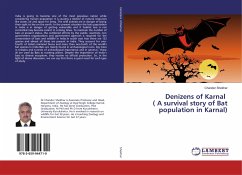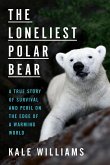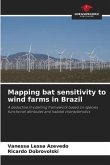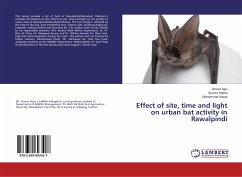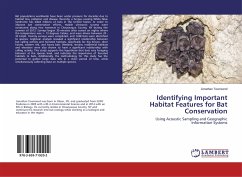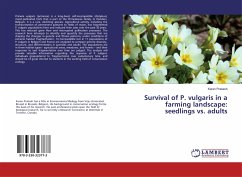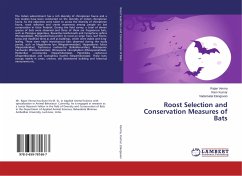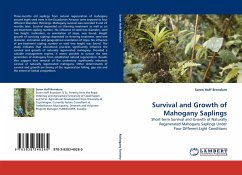India is going to become one of the most populous nation while considering human population It is causing a decline of natural resources like water, air and space for living. The wild animals are in danger of losing their right to live on the earth. In the present situation the bats population in India is in danger of getting vulnerable and if habitat loss is not controlled may become extinct in coming times. To maintain the number of bats at present status, the combined efforts by the public, scientists, non government organizations and government agencies is required for the conservation of bats and wildlife in India.In south east Asia there are 123 species and almost all these are present in India. They account for one-fourth of India's mammal fauna and more than one-tenth of the world's bat species.In India Bats are mainly found in archaeological ruins, big trees in temples and tunnels of archeological importance and in general , these all are used by Bats as roosting places.Despite the importance of India's bats to diverse ecosystem, they receive no official protection. So, in the light of above discussion, we can say that there is great need for such type of study.

